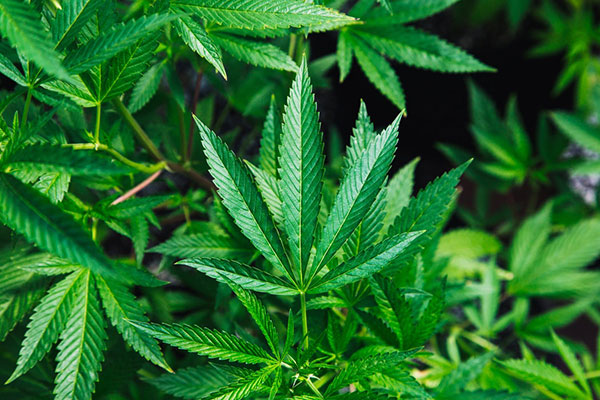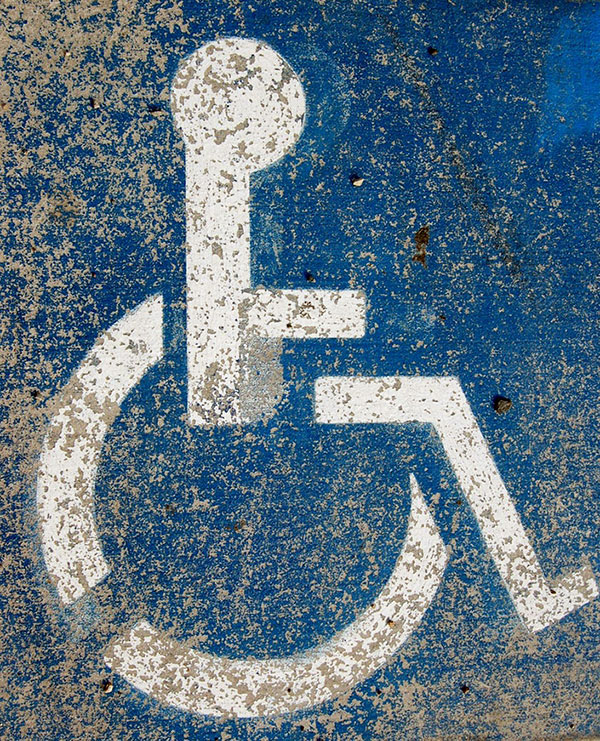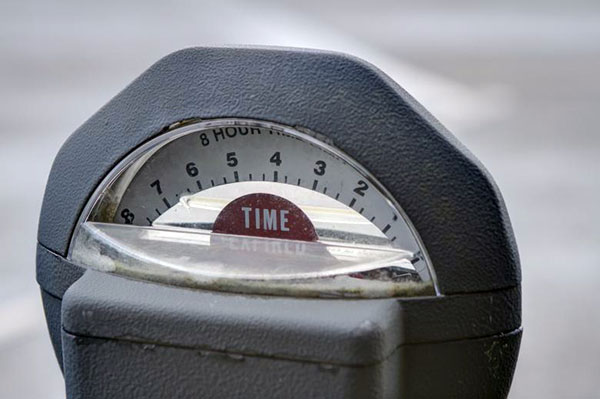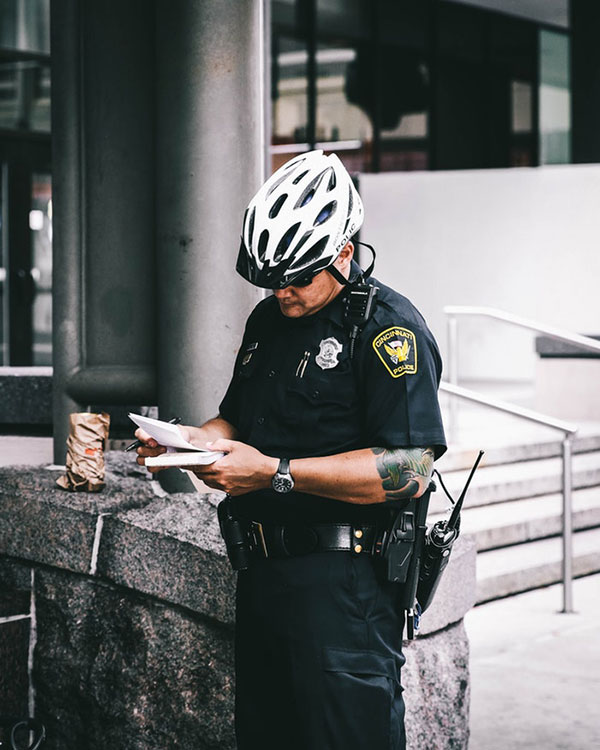
Becoming a licensed driver is a great privilege that comes with even greater responsibility; not only must one drive with care and alertness, but one also has to follow the rules put in place to make driving safe for everyone.
At the turn of the New Year, California lawmakers have implemented new laws and regulations to suit the modern motorist. From contemporary social issues to local community concerns, new rules have taken into effect in order to accommodate all drivers on the road and to make their experience much more palatable. To recap, here are a few noteworthy laws and regulations to keep in mind before going back out on the road.
SB-1: ROAD REPAIR AND ACCOUNTABILITY ACT OF 2017
The constant hustle on California’s traffic-filled roads has damaged many of the state’s infrastructures. Although there are many efforts to allocate money to better public roads and bridges, the passing of SB-1 further advances them by increasing gas and diesel taxes, as well as vehicle fees. This new initiative aims to raise more than $5 billion dollars annually for the next decade to make commuting on public roads smoother and better. Remember that the increase in prices is not meant to penalize drivers, but to engage all road users in working together for a safer, more reliable mode of transportation.

SB-65: VEHICLES: MARIJUANA AND ALCOHOL: PENALTIES
It is already illegal for all U.S. drivers to drink while behind the wheel, and for any passenger to have an open container of alcohol while in a vehicle. SB-65 expands on this law to also recognize marijuana as a controlled substance, since California residents have voted to legalize recreational marijuana in 2016 with Proposition 64. Drivers and/or passengers caught smoking or ingesting marijuana on the road will be charged with an infraction, and can be punishable by law as of January 1, 2018. Responsible driving means getting in your vehicle without being under any influence, as to not impair your ability to operate it. Remember to share the road, and to participate in recreational activities responsibly.

SB-611: VEHICLES: SPECIAL PLATES
We previously acknowledged an article written by LA Times reporting that California would begin proactively regulating the issuance of disabled placards. Since SB-611 passed in October 2017, DMV now has the authority to randomly audit placard holders to verify the authenticity of the information they have submitted. With this new program, the DMV hopes to lessen fraudulent individuals’ possession of deceased drivers’ rightful placards. Additionally, this new rule and regulation will mandate that replacement placards be limited to one per person, and permanent holders will be required to renew their placards every 6 years.

AB-1625: INOPERABLE PARKING METERS
Drivers will now be able to contest parking tickets that they have received from inoperable meters, thanks to the reenactment of AB-1625. This bill allows motorists to park without a time limit at a meter that does not take payment; but drivers may be limited to up to 4 hours of parking if the meter is inoperable and a legible, nearby sign notifies drivers. The process of wrongfully ticketing drivers has detrimental costs that do not necessarily yield large profits; this measure aims to incentivize the local government and other associated parties to get meters in proper order so that the appropriate costs can be collected.

AB-503: VEHICLES: PARKING VIOLATIONS: REGISTRATION AND DRIVER’S LICENSE RENEWAL
Low-income individuals who have accumulated multiple parking tickets will be able to enroll in a payment plan, with the help of AB-503. It allows individuals to pay for their debts over time, and cannot be acknowledged as “delinquent” if enrolled in a payment plan, or was not offered a payment plan. This bill also prevents the DMV from withholding car registration or license renewals to those low-income individuals in an effort to make payment for these delinquencies more fair and attainable.

Don’t forget these guidelines before you get behind the wheel! We will continue to follow the progress of these laws and regulations, so be sure to check back on our website for any updates or changes.

Comments are closed.